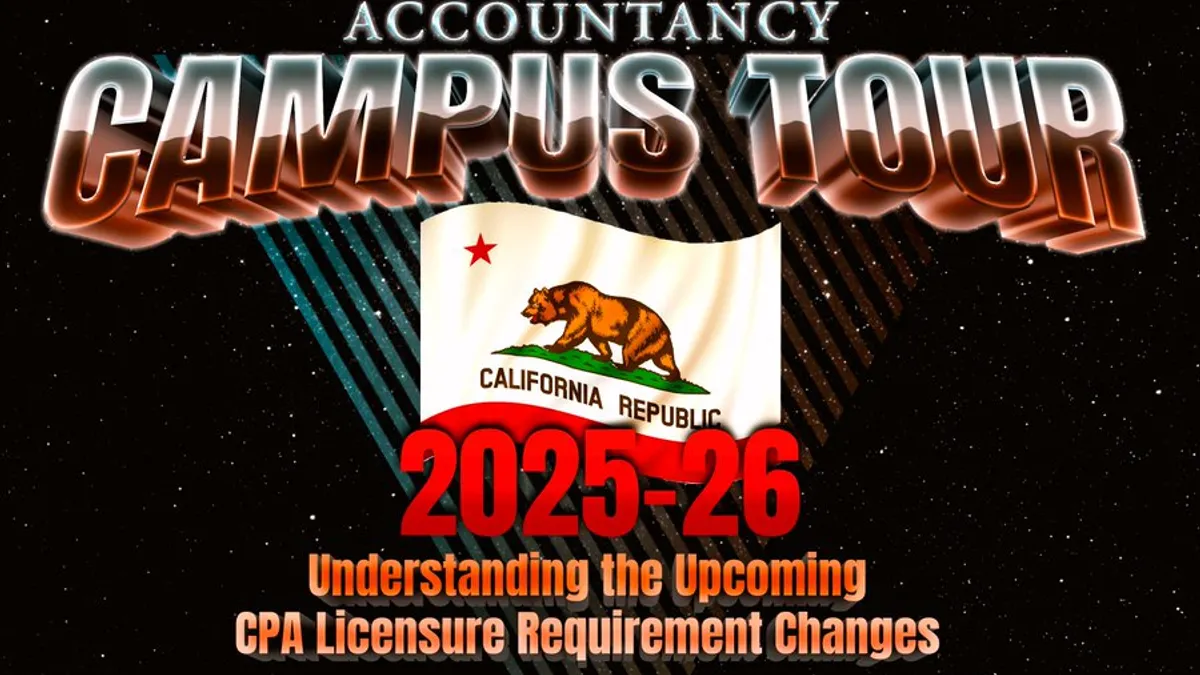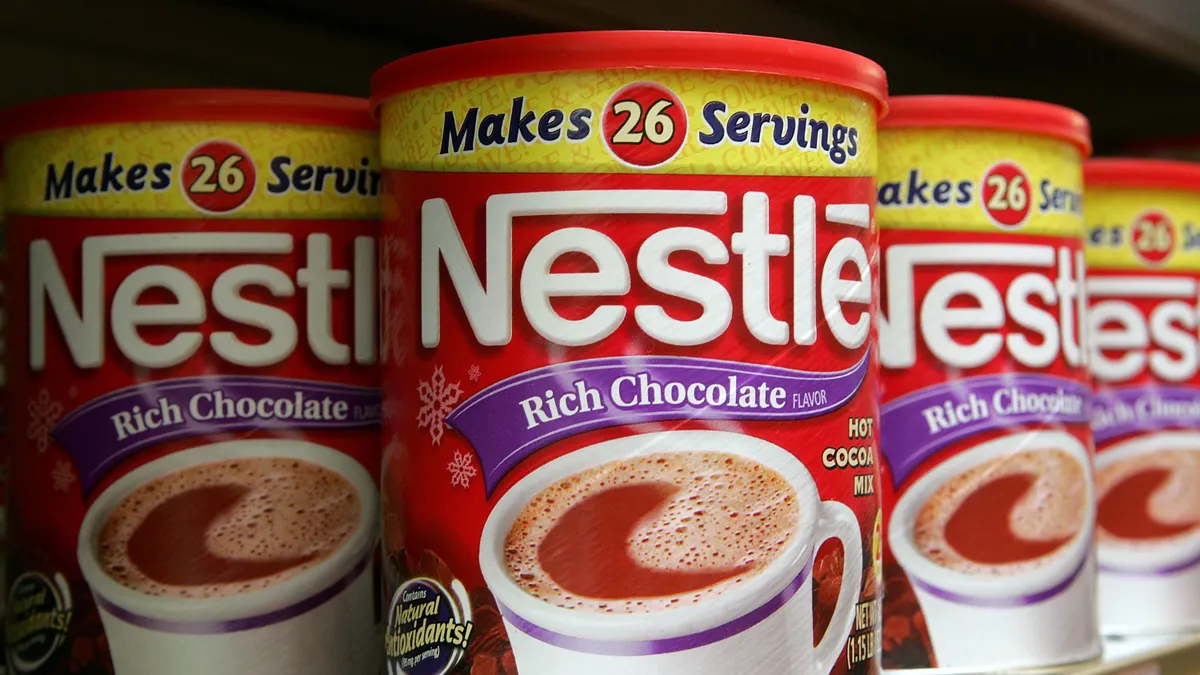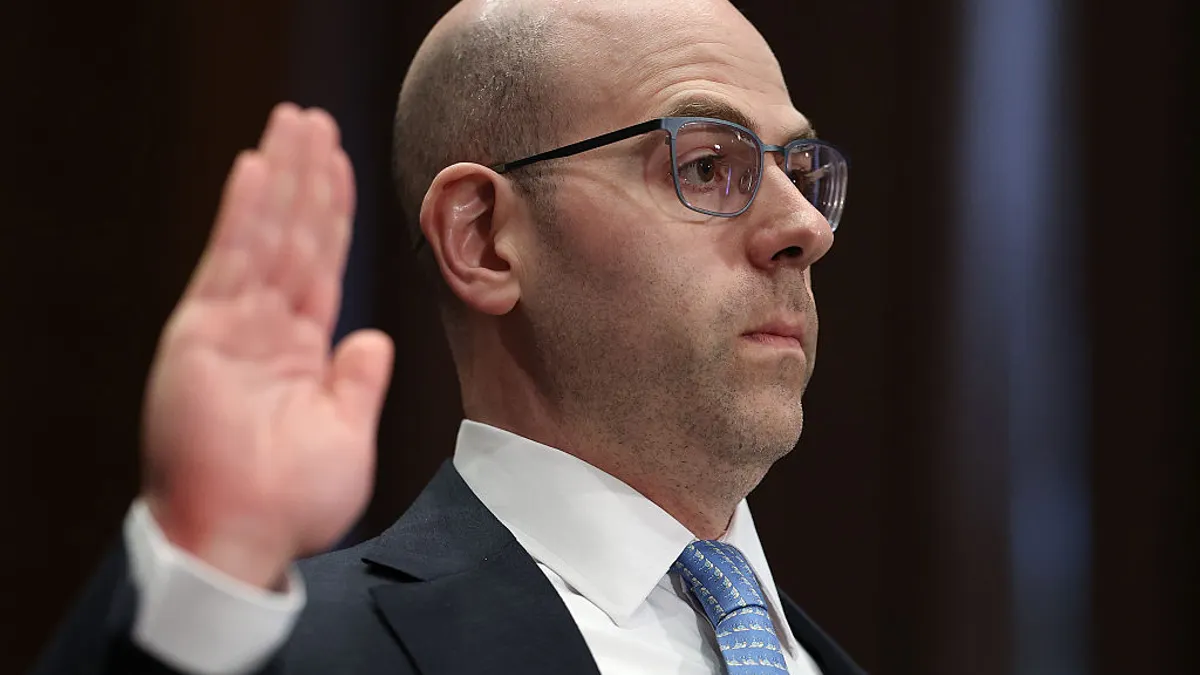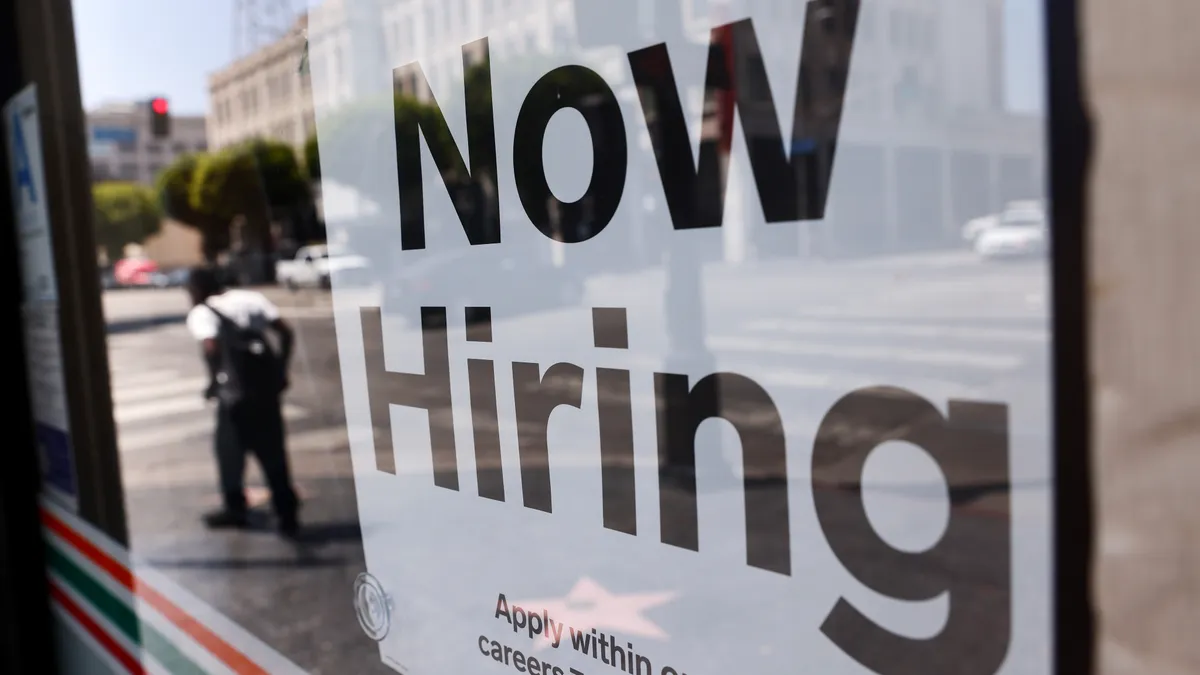Matthew S. Adams is a partner with the national law firm of Fox Rothschild LLP, and co-chair of the firm’s White-Collar Criminal Defense & Regulatory Compliance Practice Group. He can be reached by email at [email protected]. Views are the author's own.
Take this as a cautionary note, C-suite financial executives: We are now living through version 2.0 of COVID-19 stimulus related investigations. Federal authorities appear to be operating under a strong mandate to ferret out perceived fraud and abuse in the oft-confusing world of COVID-19 stimulus programs, and they are no longer going after only the low-hanging fruit.
As such, the time is now for CFOs and other financial executives who are involved in these programs to ensure their proverbial houses are in order under the watchful eye of a white collar criminal and regulatory defense attorney. As the saying goes, an ounce of prevention is worth a pound of cure, and that also holds true in this area of the law.
Early intervention can often spot problems so they can be addressed before it is too late. For example, unintentionally over-funded Paycheck Protection Program (PPP) loans should be addressed before a forgiveness application is filed. Likewise, an Employee Retention Credit (ERC) election often requires tax filings to be amended. Careful navigation of the labyrinth of ERC eligibility criteria as part of that process is a must.
Where We Have Been
It’s important to take a moment to remember how we have come to find ourselves in this unusual situation. Back in March 2020, as the COVID-19 pandemic threatened to derail the U.S. economy, Congress acted with rare speed and decisiveness to fashion a series of stimulus programs aimed at protecting Main Street from an economic calamity. Only weeks into the most significant public health emergency in 100 years, the Paycheck Protection Program (PPP) was providing forgivable federal loans to small and mid-sized businesses to help keep their operations afloat amid a wave of mandatory shutdowns and other measures aimed at stopping the spread of the virus. It was quickly followed by additional programs designed to address specific aspects of the broad and devastating scope of COVID-19 financial toll.
Criminal enforcement activity began within weeks after the proceeds of the first forgivable PPP loans were disbursed, with the first PPP fraud cases progressing at a pace uncharacteristic of the government’s typically slow and steady white collar criminal investigations.
At the beginning, most PPP borrowers who found themselves in the government’s crosshairs were charged with blatant fraud: fake companies with ginned up payroll records; loan proceeds used for personal luxuries; individuals and entities precluded from participating in such federal programs attempting to access loans; and opportunistic schemers making empty promises to naïve borrowers that they could maximize their loan proceeds for a fee. Those cases have resulted in an astonishing number of convictions for the federal government, and significant jail time for those responsible for making the loan applications.
Where We Are Now
In September 2020, a Congressional Select Committee began publicly exposing an enormous amount of fraud and abuse in the pandemic stimulus programs. By March 2022, the Internal Revenue Service (IRS) said publicly that its investigators alone had uncovered more than $1.8 billion in fraudulent activity related to COVID-19 stimulus funds.
In his first State of the Union address, delivered on March 1, 2022, President Biden promised that “the watchdogs are back,” announcing the appointment of a COVID-19 Fraud Enforcement Task Force Chief Prosecutor at the Department of Justice (DOJ). Coinciding with the announcement, DOJ requested a sizeable budget increase to hire additional prosecutors around the country to help bolster the Chief Prosecutor’s team. There is precedent for this type of focused prosecutorial mandate, and it means borrowers, lending institutions and anyone else that touched COVID-19 stimulus money had better gear-up too.
Qualitatively, the types of COVID-19 cases we have been seeing have been evolving for some time now. The DOJ started by bringing cases where alleged fraud was somewhat easy to spot for the government, but now the cases have become more nuanced. For example, the already target-rich enforcement environment of PPP has been expanded to a half dozen or so later COVID-19 stimulus programs such as the Economic Injury Disaster Loan (EIDL), ERC, and a handful of other initiatives tailored to specific sectors of the economy particularly hard hit by the pandemic.
EIDL was once considered a relatively safe space because, unlike PPP, the vast majority of the loans received under the program must be repaid, albeit at below-market interest rates. However, scrutiny of surrounding borrowers’ use of these funds, which was initially quite narrow and later expanded by amendments to the lending program, has increased significantly. Similarly, the refundable ERC is wreaking havoc on taxpayers grappling with revenue recognition issues. Put succinctly, the introduction of programs other than PPP has given the government more potential opportunities to pounce, and it means investigators are not just going after relatively easy alleged fraudulent misrepresentation cases any longer – they are getting into the granular details.
While there are more programs for the government to examine these days, prosecutors’ toolkit is evolving too. Headline-grabbing criminal fraud prosecutions make a splash. The government quite obviously sought out easy cases to bring quickly during the initial days of the PPP because of the perceived deterrent value that accompanied that early, aggressive enforcement. Nothing sends a better warning to those thinking about misusing federal dollars than a “perp walk.” However, there are only so many easy cases to go around. Eventually, the government has to put in some work if it wants to keep making cases, and that is what investigators are doing.
The number of PPP forgiveness applications flagged for review and audit that I have encountered in my practice over the past several months is astonishing. Preliminary PPP forgiveness denials and requests for information by the Small Business Administration (SBA) in connection with a borrower’s PPP forgiveness application, channeled through the banks tasked with administering PPP, should not be treated any differently than a tax audit. The government is using sophisticated technology such as artificial intelligence to examine discrepancies across loan and forgiveness applications, along with other government-mandated filings, to look for indications of fraud. What may appear on its face as an innocuous enough follow up to your forgiveness application is actually just another way the government is building cases against program participants. Such requests should not be taken lightly.
Moreover, now more than two years into this ordeal, we are about to see an overwhelming number of Qui Tam, or whistleblower cases, surrounding COVID-19 stimulus programs result in civil and criminal sanctions against program participants. By their very nature, Qui Tam cases are brought under seal by a private whistleblower. Whistleblowers are incentivized by the possibility of recovering statutory damages and the whistleblower’s attorneys’ fees. The cases are filed without disclosure to anyone other than the government so they can be thoroughly investigated for criminal wrongdoing. Using powerful statutory tools, both the private litigant and the government can obtain a civil recovery, and if the government uncovers evidence of a crime while the secretly filed pleading is being examined by authorities, it can also bring criminal charges. Because of the unique way that these cases arise, they take time to develop. There should be no doubt that secret dockets are stacked with Qui Tam cases, and as more time passes, they will start to be unsealed. That process has picked up dramatically in the first few months of 2022.
Financial institutions, called upon to administer PPP, were once thought to be immune from the government’s COVID-19 stimulus fraud dragnet. That thinking, stemming from some limited bank-friendly language included in the PPP’s initial enabling legislation, has turned out to be completely wrong. Criminal investigations targeting lenders are on the rise, and as the primary repository for stimulus-related records, that means the collateral fallout to the banks’ customers should not be ignored.
While we cannot predict precisely what shoe will drop next with pandemic stimulus enforcement, there is no question that the government is now more active in this space than ever before.






















